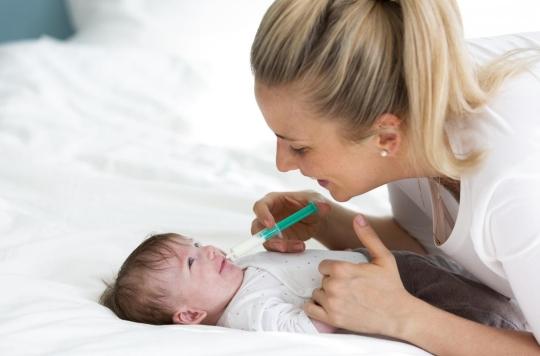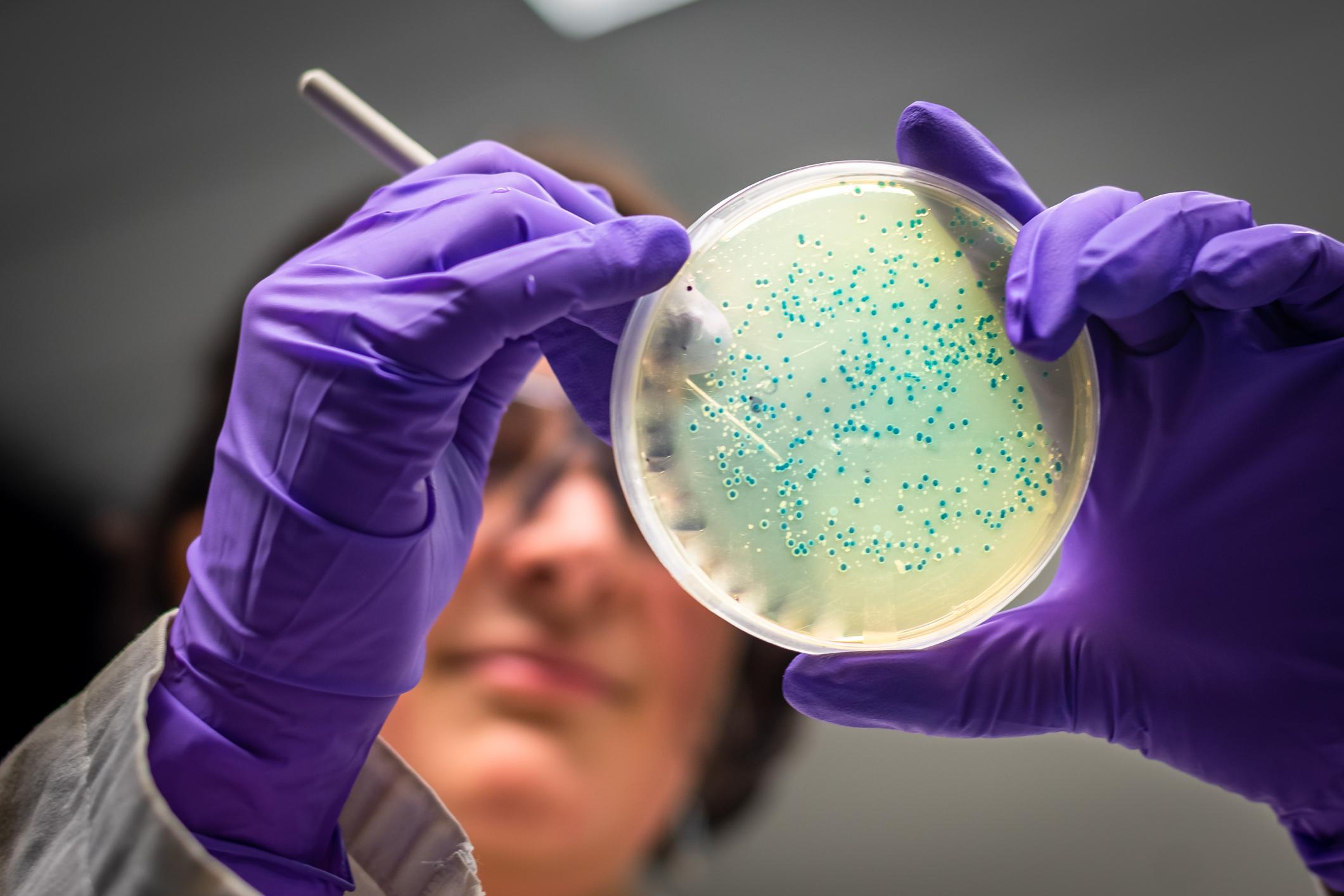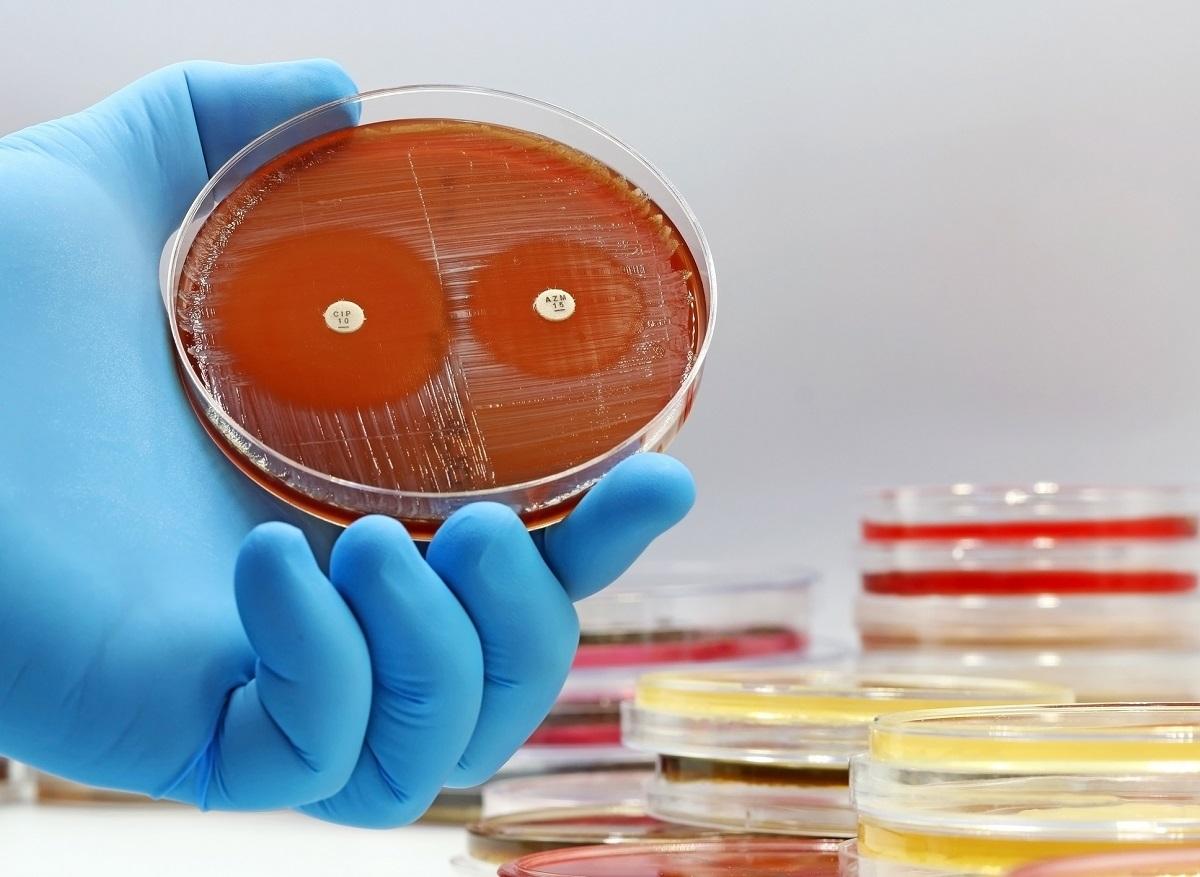Antibiotic use in toddlers kills healthy bacteria in their digestive tract, which can lead to asthma and allergies, a new US study shows.

- Excessive exposure to antibiotics contributes to the progression of bacterial resistance.
- If antibiotics are prescribed by a doctor, it is important to respect the dosage and duration of treatment. When the dosage of the antibiotic or the duration of the treatment are not respected, certain bacteria survive the treatment and have the possibility of becoming resistant.
In case of illness, antibiotics should never be automatic, especially in young children.
This is the conclusion of a new study conducted by researchers from the universities of Rutgers (USA), New York and the University of Zurich (Switzerland). Published in the journal Mucosal Immunologyit provides strong evidence on the link between exposure to antibiotics in early childhood and the later development of asthma and allergies.
In the study, the researchers note that antibiotics, which today count “among the most commonly used drugs in children, affect gut microbiome communities and metabolic functions. These changes in microbiota structure may impact host immunity”.
A change in the immune response
The research was carried out on five-day-old mice, which were given water, azithromycin or amoxicillin, two broad-spectrum antibiotics regularly prescribed.
After the mice matured, the researchers exposed them to a common allergen derived from house dust mites. Mice that received either antibiotic, especially azithromycin, had high levels of innate immune responses, which caused allergies.
The results of the experiment made it possible to verify that early exposure to antibiotics killed the healthy intestinal bacteria that promote the proper development of the immune system. The researchers transferred bacteria-rich fecal samples from the first group of mice to a second group of adult mice that had never been exposed to bacteria or germs. Some received samples from mice that received azithromycin or amoxicillin as children. Others received normal samples from mice given water.
No risk of asthma or allergy when taking antibiotics in adulthood
The results showed that rodents given antibiotic-modified samples were no more likely than others to develop immune responses to mites, just as people who receive antibiotics as adults are no more likely. to develop asthma or allergies than those who do not receive them.
However, it was different for the next generation of mice. Offspring that received antibiotic-modified fecal samples reacted more to the mites than those whose parents received non-antibiotic-modified samples.
According to the authors, “These experiments provide strong evidence that antibiotics elicit adverse immune responses through their effect on gut bacteria, but only if these are altered in early childhood”.


















